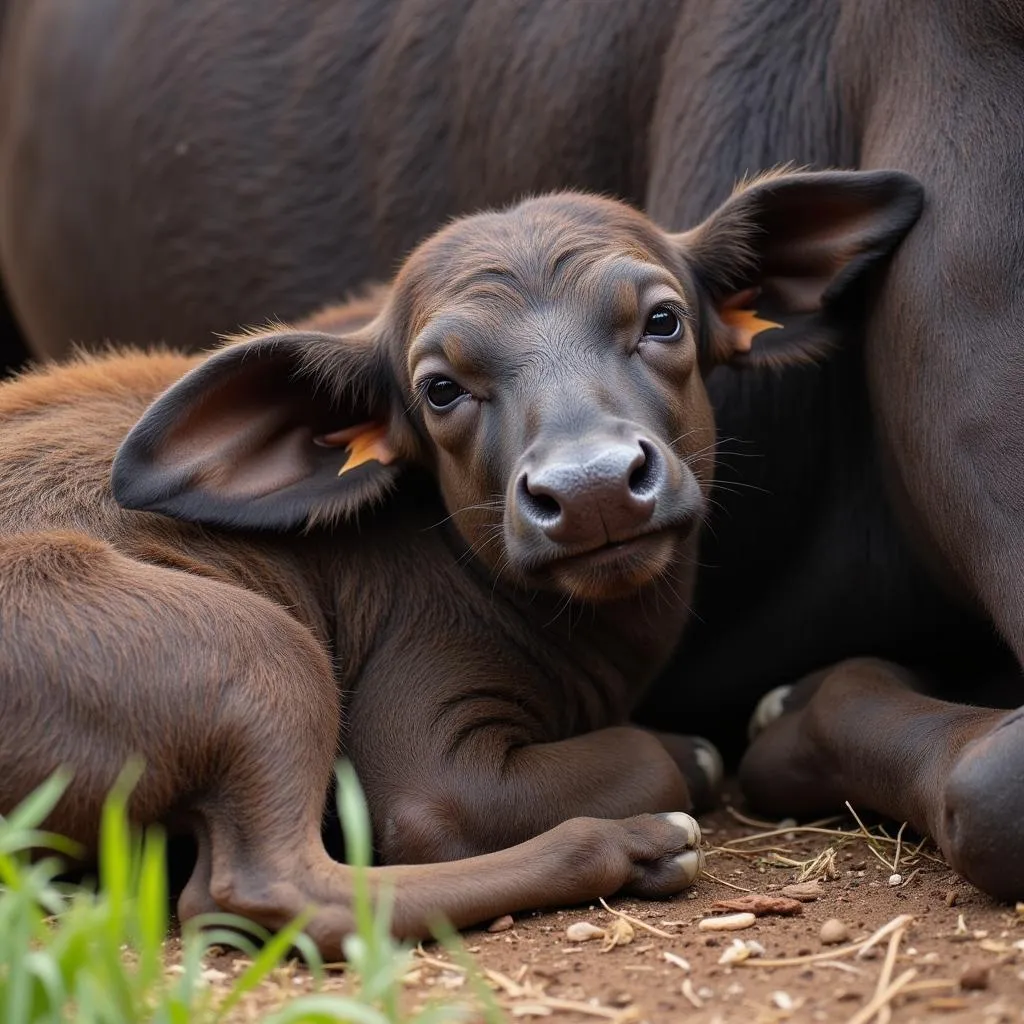Unveiling the Mystery: What is African Elephant Oil?
African Elephant Oil is a term that often sparks curiosity and questions. It evokes images of these majestic creatures and prompts inquiries about its uses, origins, and ethical implications. However, it’s important to clarify a common misconception: African elephants do not produce oil in the way other animals, such as whales or seals, do. There is no commercially available substance known as “African elephant oil.”
The Source of the Misconception: Elephant Fat
The confusion surrounding “African elephant oil” likely stems from historical and cultural contexts. In some traditional practices, elephant fat, rendered from the animal’s adipose tissue, played a role.
Traditional Uses of Elephant Fat
- Medicinal Purposes: Some cultures attributed healing properties to elephant fat, using it topically for skin ailments or as a purported remedy for certain conditions.
- Lamp Oil: In regions where elephants were prevalent, their fat may have been rendered and used as a source of fuel for lamps.
The Ethical Dilemma and Conservation
It is crucial to emphasize that the use of elephant fat is a sensitive issue deeply intertwined with conservation and ethics. The African elephant faces numerous threats, including habitat loss and poaching for its ivory tusks.
The Ban on Ivory Trade and Its Impact
The international ivory trade is largely banned to protect these endangered animals. While the use of elephant fat is not directly comparable to the ivory trade, it still raises concerns about potential incentives for poaching and exploitation.
Alternatives to Elephant Fat
Fortunately, in modern times, there are numerous sustainable and ethical alternatives to elephant fat for various applications.
- Plant-Based Oils: Coconut oil, shea butter, and other plant-based oils offer a wide range of benefits for skin and hair care, surpassing any purported properties of elephant fat.
- Sustainable Fuel Sources: Renewable energy sources and readily available fuels have long replaced the need for animal-derived lamp oil.
The Importance of Ethical Choices
By choosing ethical and sustainable products, we contribute to the well-being of elephants and the preservation of their natural habitats.
Conclusion
While “African elephant oil” may pique curiosity, it’s essential to approach the topic with awareness and understanding. Elephants do not produce oil as a natural byproduct. The term likely refers to elephant fat, which has a complex history of use but is now considered ethically questionable due to conservation concerns. Embracing sustainable alternatives is the responsible path forward, ensuring the protection of these magnificent creatures for generations to come.
Need assistance or have questions? Contact us:
Phone: +255768904061
Email: [email protected]
Address: Mbarali DC Mawindi, Kangaga, Tanzania
We have a dedicated customer support team available 24/7.

